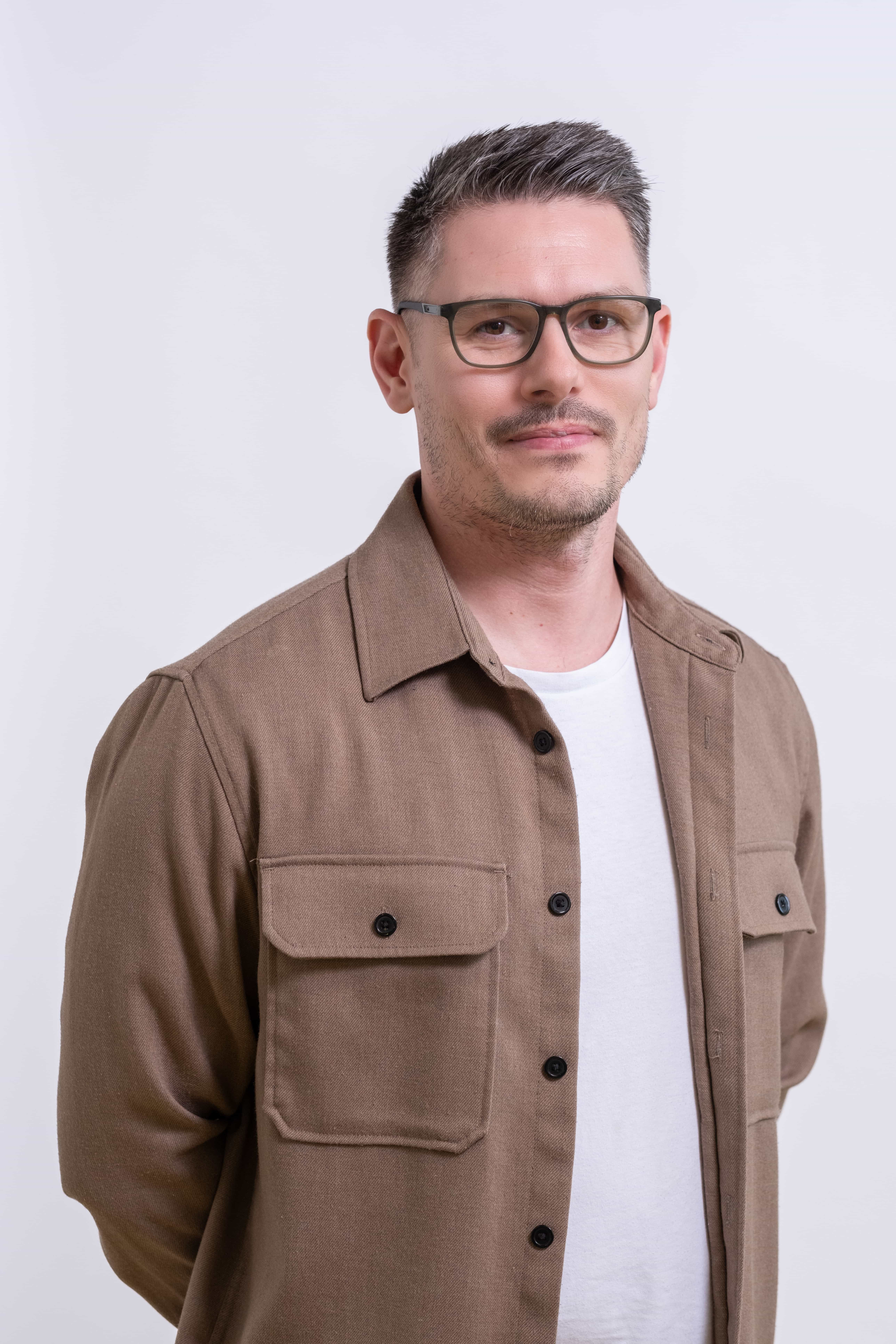Joe has a background in Product Design (BA), graduating in 2010 from Nottingham Trent University (NTU). Joe went on to work as a CAD designer for several years before becoming a Rapid Prototyping Technician, gaining extensive experience working with a range of Additive Manufacturing (AM) machines and processes.
For the past 5 and half years Joe has been a Research Technician working at the Centre for Additive Manufacture based at the University of Nottingham, contributing to and assisting PHD students and researchers with various AM projects. During this time Joe developed a keen interest in AM related medical applications and decided to return to education in 2017 to study Medical Product Design (MSc), specifically focusing his research around custom 3D printed bone grafts.
Having graduated from NTU in 2018, Joe accepted the offer to join Loughborough Design School as a Research Assistant for Designing and 3D Printing. Joe will be working alongside Dr. Abby Patterson, continuing the research and design of patient specific medical splints. The project is funded by Arthritis Research UK and will focus on the use of AM technology, 3D scanning and parametric design software to create innovative solutions for splinting.
Joe is part of the Design for Digital Fabrication Research Group and his research will involve investigating current state-of-the-art digital fabrication methods (e.g. 3D Printing/Additive Manufacture) for the provision of custom-made wrist splints, with preliminary research into current and emerging Additive Manufacturing technologies. He will also investiage existing uses of these technologies for making custom-made splints and other exoskeletal devices and engaging with hand therapists to identify new opportunities for wrist splints, but also digit (finger) splints.
In addition, he will generate a Design Brief for each new splint design followed by a range of concepts developed with sketches and Computer Aided Design (CAD) and produce a range of prototypes (from low to high fidelity). Finally evaluate the prototypes with hand therapists to refine the designs further. The final designs will be used to promote the Arthritis Research UK project, and will be used for a range of marketing activities for the benefit of the Design School, Arthritis Research UK and the NHS.
